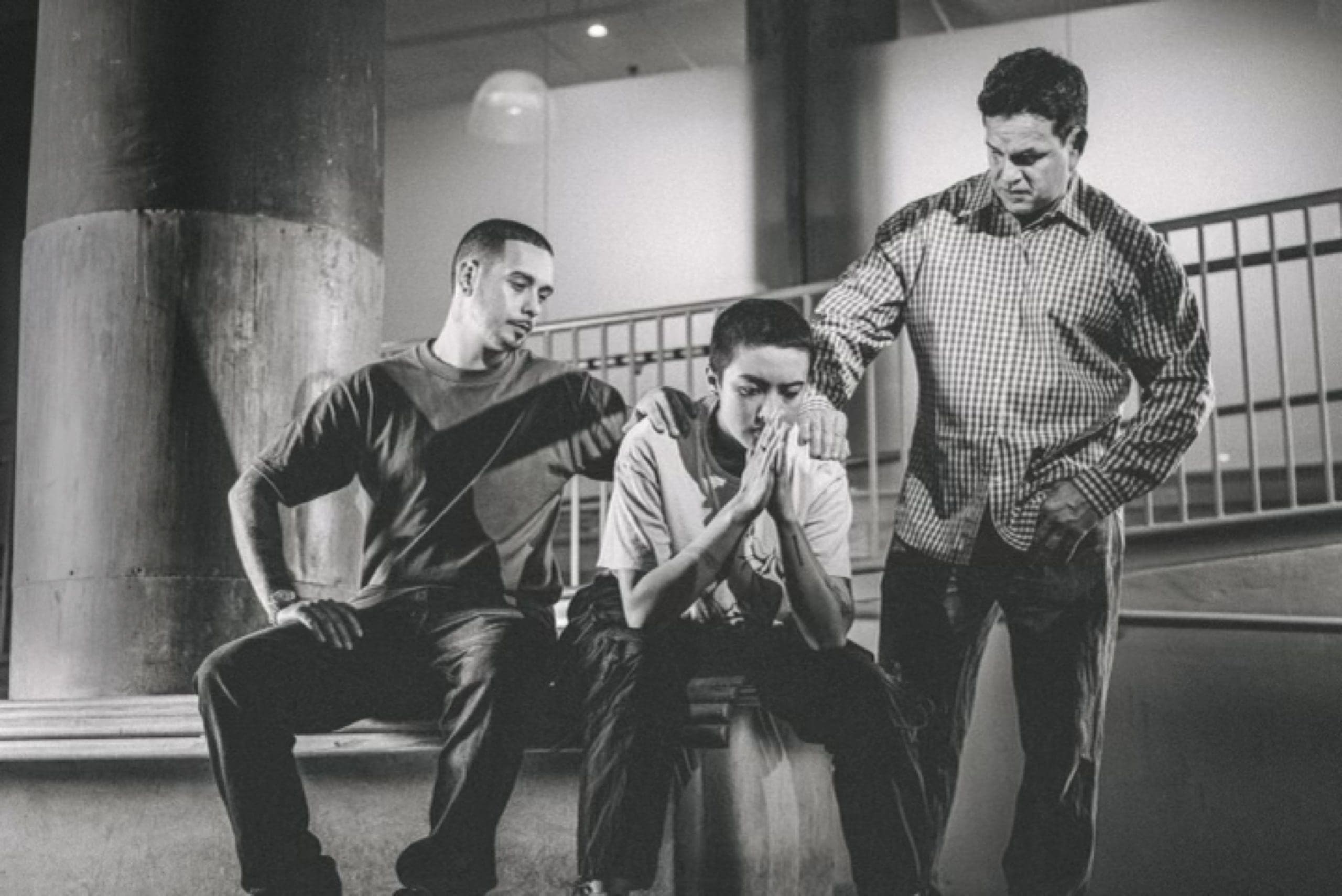65% of Dallas County residents cite “stigma” or “embarrassment” as the primary barrier to getting help for mental health challenges.
Learn about Stigma.


Learn About
You are not alone.
The picture of mental health in North Texas is not a great one, and statistics about that are everywhere.
But don’t feel like all is lost. Don’t feel like nothing can be done and everyone has this issue. Instead, find pathways to feeling better and get the help you need. We’re here to be your partner in this.
Facts & Stats
36.8% of adults in Texas reported symptoms of anxiety and/or depressive disorder, compared to 32.3% of adults in the U.S.
61% Of Texas residents who need mental health treatment are not receiving any.
1 in 5 children in Texas has experienced a mental disorder in any given year.
Mental illness has been considered a factor in all seven mass shooting events in Texas since 2015.
Texas has the highest percentage of youth who had a major depressive episode in the past year and did not receive treatment (73.1%).
Texans living in rural areas experience a 33% higher suicide mortality rate than residents in urban areas.
Perceived barriers to treatment among rural populations are embarrassment (65%) and stigma (63%).
Two-thirds (67%) of people who have experienced a mental illness in their lifetime have recovered following treatment.
Mental illnesses do not discriminate and are not unique to any particular group. Nationwide, here’s who is affected:
- Non-Hispanic mixed/multiracial: 35.8%
- Lesbian, Gay, or Bisexual: 47.4%
- Non-Hispanic mixed/multiracial: 35.8%
- Non-Hispanic white: 22.6%
- Non-Hispanic Black or African American: 17.3%
- Non-Hispanic American Indian or Alaska Native: 18.7%
- Hispanic or Latino: 18.4%
- Non-Hispanic Native Hawaiian or Other Pacific Islander: 16.6 %
- Non-Hispanic Asian: 13.9%
The Top 3 most common mental illnesses are:
Anxiety Disorders: 19.1% (estimated 48 million people)
Major Depressive Episode: 8.4% (21 million people)
Post-Traumatic Stress Disorder: 3.6% (estimated 9 million people)
Your mental health matters.
You’re here. And that’s a great first step on the way to finding better ways to manage your mental health. Because here’s the thing, mental health affects everyone and it changes throughout your life as you experience new challenges and go through trauma, stress, change and everything else this world can throw at you. And it takes a lot of practice, care and help to manage your mental health through it all. That’s why we’re here with the information, resources, tips and people you need — so you don’t have to do it alone. So, let’s keep it going and take the next steps toward better mental health together. What are you dealing with?

Stress

Sadness and Depression

Loneliness and Isolation

Nervousness and Anxiety

Suicidal Thoughts

Difficult Relationships